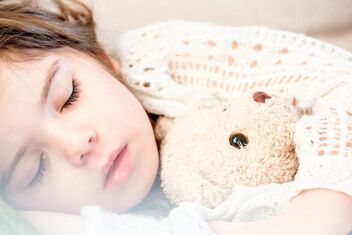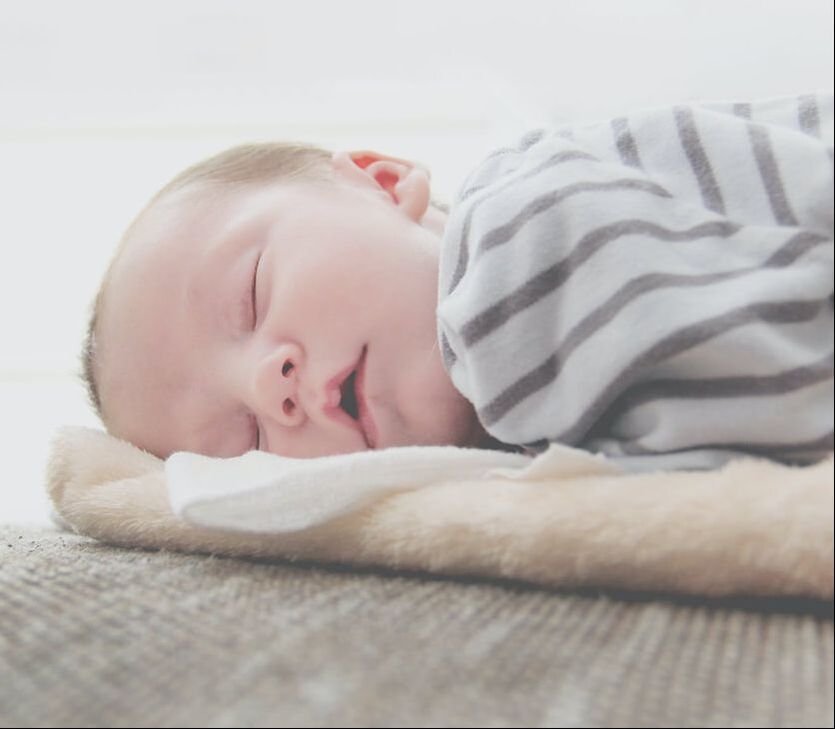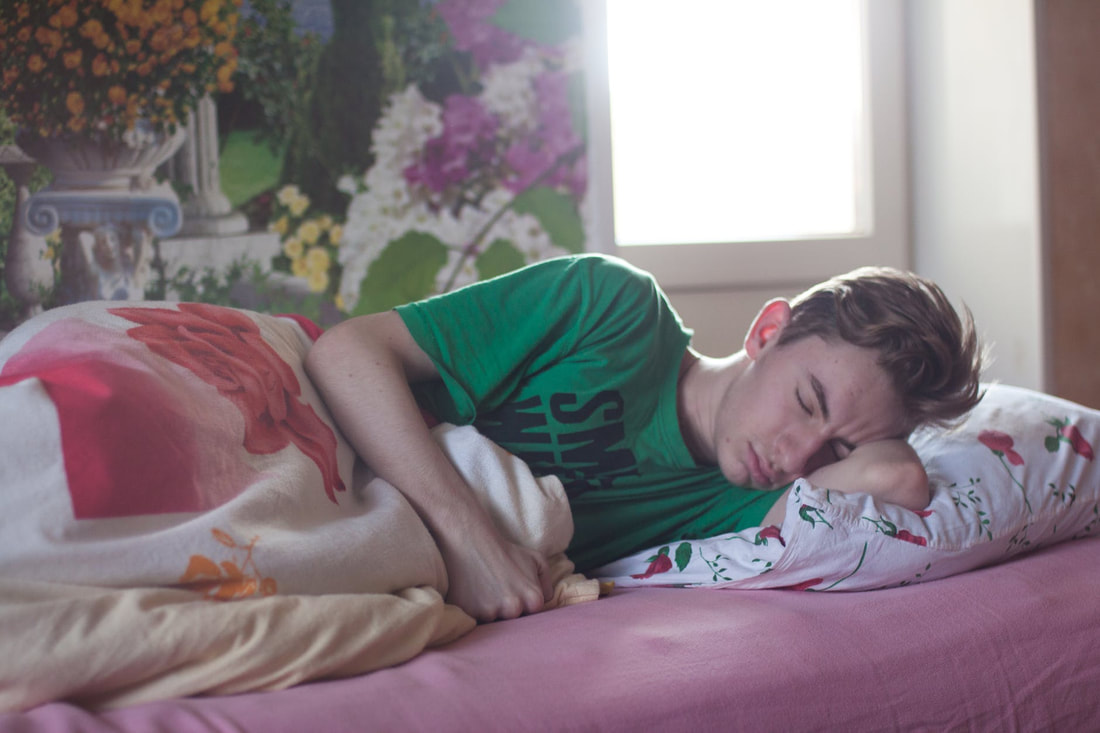
But up to 30% of children ages two to five and 15% of school-aged children have trouble falling asleep or sleeping through the night (National Sleep Foundation, 2004). And fewer than 33% of teenagers are getting enough sleep (CDC, 2018).
The ideal amount of sleep for healthy functioning differs from one person to the next. But research shows that maintaining a regular sleep-wake schedule is a part of good sleep hygiene, regardless of age. Everything from light exposure to mealtimes can influence circadian rhythms and the release of hormones such as melatonin, and ultimately affect sleep.
Insufficient sleep can severely impair a child's functioning causing daytime fatigue, poor health and weaker immune function. Sleep-deprived children can suffer from emotional disturbances and emotional regulation problems. When kids are tired, you tend to see more irritability, grouchiness, and emotional highs and lows. When teenagers get insufficient sleep, it can be tied to depressive symptoms, irritability, and even suicidal thoughts and actions.
How Much Should A Child Sleep?
Sleep needs differ from one child to the next. Here are some guidelines on the number of hours per day for sleep based on age.
Birth to 1 year: 12-16 hours
Ages 1 to 2: 11-14 hours
Ages 3 to 5: 10-13 hours
Ages 6 to 12: 9-12 hours
Adolescents: 8-10 hours

Insomnia is the most common problem pediatric sleep psychologists treat, but its presentation differs dramatically across age groups.
Infants and Toddlers
For infants and toddlers up to age 3, insomnia usually occurs because children learn to rely on a particular stimuli (such as a parent rocking them to sleep) to fall asleep and then cannot sleep on their own, a problem known as "sleep-onset association."
Psychologists consider a sleep-onset association "positive" if it does not require a parent to be present, such as a pacifier or white noise machine. On the other hand, a "negative" sleep-onset association, while not necessarily harmful, involves parent-child interaction, including feeding, rocking, or pushing the child in a stroller.
The first line of defense for insomnia is to establish consistent schedules and routines. Children should have consistent and appropriate bedtimes and wake times, a regular bedtime routine, and a comfortable sleep environment.
Bedtime Resistance
When children transition from a crib to a bed, behavioral insomnia can start to manifest as bedtime resistance. The child may refuse to get into bed, leave the bed frequently, or throw tantrums. Alternatively, the child may want to sleep and try to do so but cannot easily settle his or her mind and body.
A simple and effective intervention is for families to create a healthy bedtime routine of 3 to 5 quiet activities that take a total of 20 to 45 minutes. The routine should start at the same time each night and should flow in one direction. For example, from the kitchen to the bathroom to the bedroom and the activities should occur in the same order each night.
Another approach is to use the "bedtime pass program," which reduces curtain calls. A child receives 1 to 3 laminated passes permitting them to get out of bed for pre-approved activities such as a hug from a parent or a drink of water. When the passes are gone, the child is no longer permitted to leave the bedroom. The child is rewarded in the morning for any unused passes.
Children respond very well to concrete limits and the passes can help reduce anxiety at bedtime if they know they won't get in trouble for getting up. It is also helpful for parents to know when to put their foot down.
Teens and Sleep
The most common sleep problems for teenagers are delayed sleep-wake phase disorders and insomnia. Adolescents with a delayed circadian rhythm can sleep well on a delayed schedule, from 2 a.m. to 11 a.m., but they struggle to sleep on a more traditional schedule that allows them to wake up early enough to attend school.
Sleep psychologists typically use an approach called phase advance therapy to treat delayed sleep-wake phase disorder. Cognitive-behavioral therapies for insomina (CBTI) can also help teens and older children who have trouble settling their minds and bodies to fall asleep.

